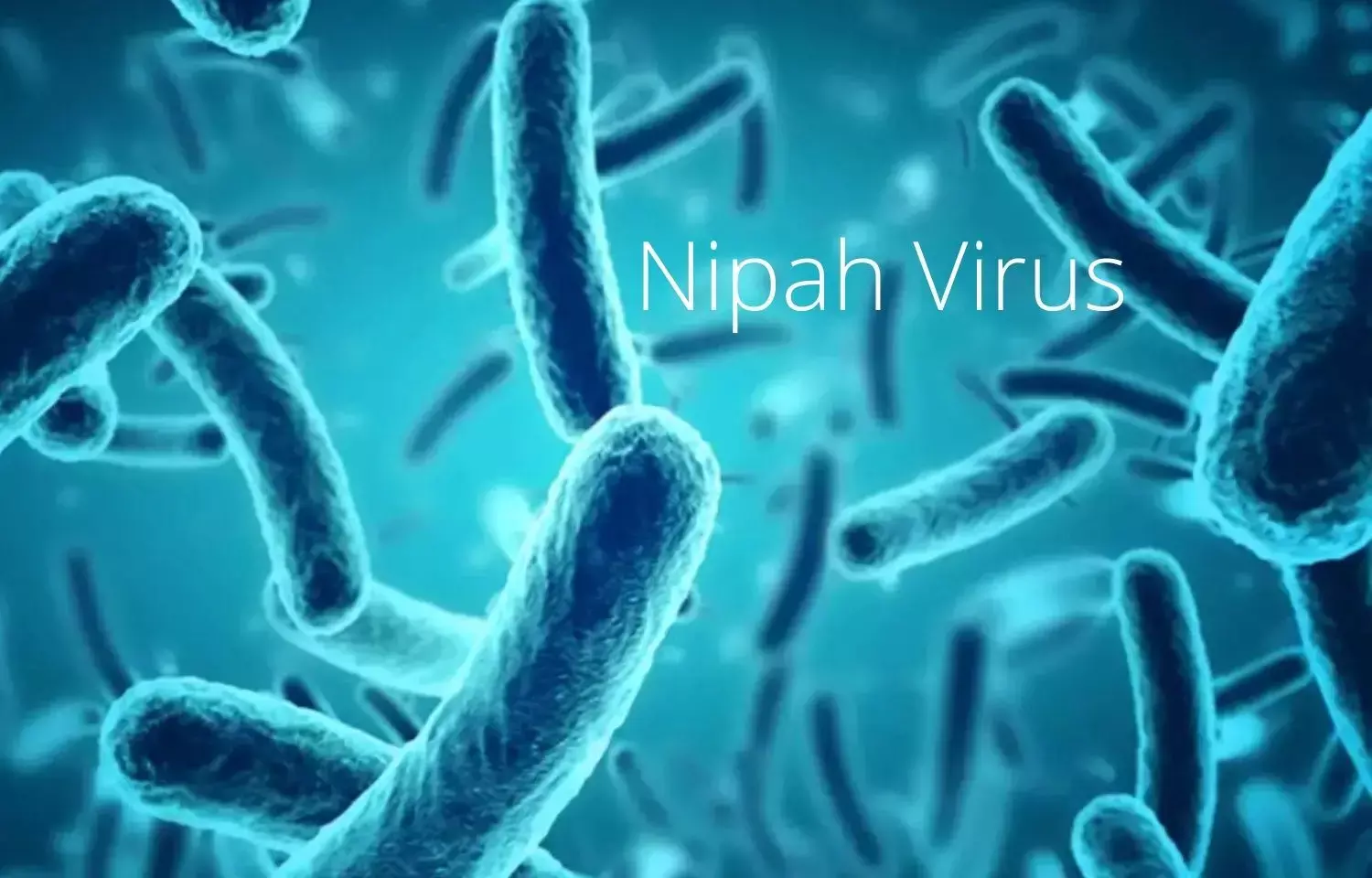- Home
- Medical news & Guidelines
- Anesthesiology
- Cardiology and CTVS
- Critical Care
- Dentistry
- Dermatology
- Diabetes and Endocrinology
- ENT
- Gastroenterology
- Medicine
- Nephrology
- Neurology
- Obstretics-Gynaecology
- Oncology
- Ophthalmology
- Orthopaedics
- Pediatrics-Neonatology
- Psychiatry
- Pulmonology
- Radiology
- Surgery
- Urology
- Laboratory Medicine
- Diet
- Nursing
- Paramedical
- Physiotherapy
- Health news
- Fact Check
- Bone Health Fact Check
- Brain Health Fact Check
- Cancer Related Fact Check
- Child Care Fact Check
- Dental and oral health fact check
- Diabetes and metabolic health fact check
- Diet and Nutrition Fact Check
- Eye and ENT Care Fact Check
- Fitness fact check
- Gut health fact check
- Heart health fact check
- Kidney health fact check
- Medical education fact check
- Men's health fact check
- Respiratory fact check
- Skin and hair care fact check
- Vaccine and Immunization fact check
- Women's health fact check
- AYUSH
- State News
- Andaman and Nicobar Islands
- Andhra Pradesh
- Arunachal Pradesh
- Assam
- Bihar
- Chandigarh
- Chattisgarh
- Dadra and Nagar Haveli
- Daman and Diu
- Delhi
- Goa
- Gujarat
- Haryana
- Himachal Pradesh
- Jammu & Kashmir
- Jharkhand
- Karnataka
- Kerala
- Ladakh
- Lakshadweep
- Madhya Pradesh
- Maharashtra
- Manipur
- Meghalaya
- Mizoram
- Nagaland
- Odisha
- Puducherry
- Punjab
- Rajasthan
- Sikkim
- Tamil Nadu
- Telangana
- Tripura
- Uttar Pradesh
- Uttrakhand
- West Bengal
- Medical Education
- Industry
No specific treatment available for highly contagious Nipah virus, warns AIIMS expert

Dr Ashutosh Biswas, Professor, Department of Medicine at All india Institute of Medical Sciences (AIIMS) said that Nipah is a Zoonotic disease and the animals are its carriers, especially the fruit bats.
Thiruvananthapuram: As Kerala witnessed its first Nipah virus fatality with the death of a 12-year-old in its Kozhikode district, experts stress the importance of ascertaining the source of transmission of the fatal virus, which is highly contagious once it jumps from animals to humans in whom high morbidity and mortality rates have been observed.
According to Dr Ashutosh Biswas, Professor, Department of Medicine at All india Institute of Medical Sciences (AIIMS), the fruit bats are the carriers of the virus.
Also Read: Kerala to begin preventive drive against Nipah next month
"Fruit bats are the carriers of the virus, and they are the main cause of transmission. Fruit bats live in a specific geographical territory. If they fly to other places, naturally this virus can be transmitted. We don't have specific treatment for the disease," he said.
"So, we have to understand that this is a very serious disease and is associated with high morbidity and mortality," he added.
Further, Biswas said that Nipah is a Zoonotic disease and the animals are its carriers, especially the fruit bats.
"In the past, we have seen and observed in India, that the fruit bats can also transmit it to our domestic animals like pigs, goats, cats, horses, and others. So, the jumping of this virus from animals to humans is very dangerous, and is what we call a spillover," he said.
Highlighting the importance of detecting the source, Biswas said, "Once this virus gets into human circulation, it starts to transmit from human-to-human and the transmission is so fast, that it can spill over. Therefore, it is important to identify the source in the beginning. As indicated, most of the time, we have found that the transmission is from fruits bats."
Adding that the temptation of eating fallen fruit, especially without washing it, is the first step from where spillover from animal to human begins, he said, "Eating the fallen half-eaten fruits, that too without washing them, is a very dangerous habit."
According to the World Health Organization (WHO), the Nipah virus is caused by fruit bats and is potentially fatal to humans as well as animals. Along with respiratory illnesses, the virus can also cause fever, muscular pain, headache, fever, dizziness, and nausea.
"We have had two Nipah virus outbreaks before this one; once in Kerala, once in West Bengal. During the last outbreak, about 90 per cent of the infected persons died. Then in 2019, we had just 1 case of the virus, and now in 2021, we have got another case, a very fatal one. So, it is important to understand why is it happening," Biswas said.
He added that the problem is a global one and several other countries near the Indian Territory, like Bangladesh, have had repeated outbreaks of the virus.
On September 5, the Central government had rushed a medical team to the Kozhikode district of Kerala when the state reported the first death due to the Nipah virus. The team also visited the house of the boy who died of the virus and collected samples of Rambutan fruits from the vicinity to identify the source of the infection.
Medical Dialogues Bureau consists of a team of passionate medical/scientific writers, led by doctors and healthcare researchers. Our team efforts to bring you updated and timely news about the important happenings of the medical and healthcare sector. Our editorial team can be reached at editorial@medicaldialogues.in.


